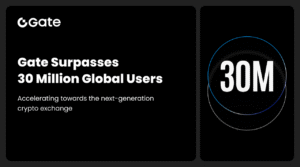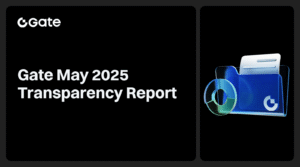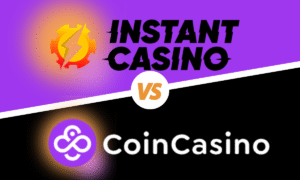Millennials and Gen Z ‘house hack’ their way into the housing market
The dream of homeownership is a difficult one to accomplish in the current economic climate. Skyrocketing prices and soaring interest rates have become major barriers to entry for prospective homebuyers, particularly young adults. However, in the face of these daunting challenges, Millennials and Gen Z are finding innovative solutions to navigate the housing landscape by embracing a new trend known as “house hacking.”
Embracing House Hacking
The concept of “house hacking” involves renting out a portion of a property, or even an entire home, to generate extra income. This growing trend has seen young homebuyers who have recently entered the housing market express a strong interest in pursuing house hacking as an option. A report by housing market site Zillow reveals that 39% of recent homebuyers consider this practice to be a “very” or “extremely” important opportunity, marking an increase of eight percentage points in the past two years.
Moreover, younger generations appear to be especially drawn to the idea of house hacking. According to Zillow’s survey, over half of millennial (55%) and Gen Z (51%) homebuyers hold positive views on house hacking. The additional income generated through house hacking can be a crucial financial aid in an environment where soaring home prices are making homeownership an increasingly difficult reality.
Economic Realities of Homeownership
The median sale price for a house in the U.S. was recorded at $413,874 in October, representing a 3.5% increase from a year ago. Furthermore, the average rate for 30-year mortgages climbed to 8% in October, the highest level observed in 23 years, according to Bankrate. To add context, this is in contrast to the rates that plummeted slightly below 3% in January 2021.
With the diminishing availability of small starter homes, a report by Redfin found that a salary of $114,627 is required to afford a median-priced house in the U.S. This has led Daryl Fairweather, the chief economist at Redfin, to acknowledge that a six-figure salary is indeed essential for homeownership. In light of these challenges, finding ways to generate additional income from one’s property can be instrumental in easing some financial burden associated with homeownership.
Considerations and Challenges
Nevertheless, aspects of house hacking require careful consideration and planning. Prospective buyers who intend to leverage house hacking to offset homeownership costs must take several factors into account before diving headlong into this endeavor.
Financing and regulatory compliance are primary concerns. Mortgage banker and regional vice president of William Raveis Mortgage, Melissa Cohn, highlighted the importance of proving the ability to afford mortgage payments without relying on potential rental income. Moreover, navigating local ordinances and homeowners association regulations is critical, as these can significantly influence the feasibility and legality of house hacking.
Future Outlook
Despite its growing popularity, the long-term viability of house hacking may be challenged by the emergence of new apartment buildings, especially smaller units which are expected to become available in the foreseeable future. While the availability of more affordable rentals may reduce the demand for house hacking, the overwhelming shortage of affordable housing suggests that house hacking will continue to play a crucial role in helping prospective homebuyers navigate the current housing market.






